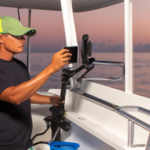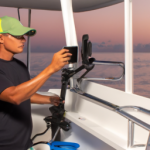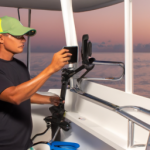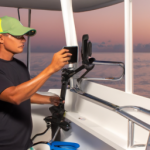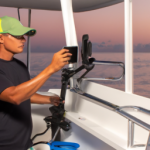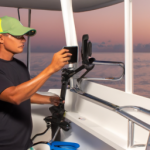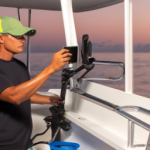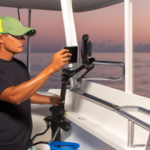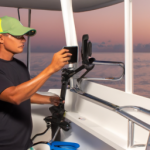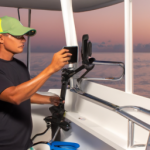 When preparing for a sailing adventure, one of the most critical steps is conducting thorough Sailboat Inspections. These inspections are essential to ensure that your vessel is seaworthy and ready for the challenges of the open water. Whether you are an experienced sailor or a novice, understanding the importance of Sailboat Inspections can make all the difference in having a safe and enjoyable voyage.
When preparing for a sailing adventure, one of the most critical steps is conducting thorough Sailboat Inspections. These inspections are essential to ensure that your vessel is seaworthy and ready for the challenges of the open water. Whether you are an experienced sailor or a novice, understanding the importance of Sailboat Inspections can make all the difference in having a safe and enjoyable voyage.
Sailboat Inspections should cover various aspects of the boat, including the hull, rigging, sails, and safety equipment. Each component plays a vital role in the overall performance and safety of the sailboat. For instance, checking the hull for any signs of damage or wear is crucial. A compromised hull can lead to leaks and other serious issues while at sea. Therefore, regular Sailboat Inspections are not just recommended; they are necessary.
Another important area to focus on during Sailboat Inspections is the rigging. The rigging supports the mast and sails, and any failure here can result in catastrophic consequences. Inspecting the lines, shackles, and other hardware ensures that everything is in good condition. If you notice fraying lines or rusted components, it’s time to replace them before setting sail. This proactive approach is what makes Sailboat Inspections so valuable.
Safety equipment is another critical element that must be included in Sailboat Inspections. Life jackets, flares, fire extinguishers, and first aid kits should all be checked for expiration dates and functionality. Having reliable safety gear can mean the difference between life and death in an emergency situation. Thus, comprehensive Sailboat Inspections will help ensure that you are prepared for any unforeseen circumstances.
In addition to personal checks, hiring professionals like Sun Coast Marine Surveying & Consulting can provide an extra layer of assurance. Their expertise in Sailboat Inspections means that they can identify potential issues that may go unnoticed by an untrained eye. Engaging with experts ensures that your sailboat meets all safety standards and regulations.
Moreover, Sailboat Inspections should also include a review of the engine and electrical systems if applicable. Ensuring that these systems are functioning correctly is vital for both performance and safety. A malfunctioning engine can leave you stranded, while electrical failures can compromise navigation and communication systems. Therefore, incorporating these checks into your routine Sailboat Inspections is essential.
Weather conditions can change rapidly at sea, making it imperative to have a well-maintained vessel. Regular Sailboat Inspections allow sailors to address minor issues before they escalate into major problems. By being proactive rather than reactive, you can enjoy peace of mind knowing that your sailboat is ready for whatever Mother Nature throws your way.
Additionally, keeping a log of your Sailboat Inspections can be beneficial for future reference. Documenting what was inspected, any repairs made, and when the next inspection is due helps maintain accountability and organization. This practice not only aids in keeping track of maintenance but also serves as a valuable record if you decide to sell your sailboat later on.
In conclusion, Sailboat Inspections are a fundamental part of preparing for any voyage. They encompass various checks that ensure your vessel is safe and seaworthy. From inspecting the hull and rigging to reviewing safety equipment and engine systems, every aspect matters. Engaging professionals like Sun Coast Marine Surveying & Consulting can enhance your inspection process and provide expert insights.
Remember, neglecting Sailboat Inspections can lead to dire consequences while out at sea. Make it a priority to conduct thorough inspections regularly and keep your sailing adventures safe and enjoyable. With proper preparation through diligent Sailboat Inspections, you can set sail with confidence, knowing that your vessel is ready for the journey ahead.



